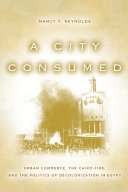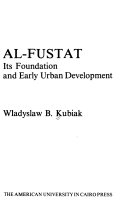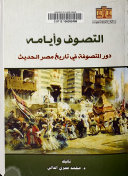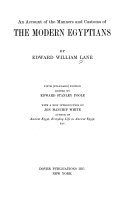Knowledge Co-Production
An Innovation Model Towards Institutionalization For The Case Of Cairo

نبذة عن الكتاب
Co-production of knowledge is a new worldwide terminology around research-practice relationships, integrating different types of complementary knowledge from different backgrounds to address different issues of sustainability. Building new forms of official partnerships, that differ from conventional participation approaches, between decision making and practice level represented in national and local governments and relevant non-governmental organizations, and research level represented in universities and research centers and institutions is crucial for the future of urban development. This means establishing co-productive work environments where all the ‘partners’ are co-producers, including local community, and are mutually recognized and accepted as they share their knowledge, capacities and power to achieve their negotiated goals and priorities and actualizing the outcome of the co-production processes through more adaptive authorized opportunities where the officials are empowered by dealing with wider range of stakeholders/partners and the local government is prepared to support and work in co-production processes along with NGOs and local communities. In another words, rethinking the relationship between knowledge production and decision-making to achieve a more adaptive urban government that uses a policy-relevant knowledge. With the rise of urban activism in Cairo, after the Egyptian revolution in 2011, a new mode of practice influencing the urban knowledge production began to shift away from standardized state provision. Urban initiatives laying somewhere in between state and community-based social movements, interact and exchange knowledge between each other to shape the urban transformation of Cairo and achieve a better city, while involving the local community in the process. Their interventions might be without the state’s prior help. A new way of doing things that is still not written in the law, initiated in a moment of deconstruction and reconstruction in which the state's efforts were absent. Drawing on the case of ''Cairo urban initiatives'', this thesis tries to understand the methods and processes in which these initiatives meet together to discuss urban issues, their relationship with the government and universities, and their experiences that could be considered the starting point of more co-production processes for urban development in Egypt. The aim of this research is to establish new official knowledge partnerships and find the potentials to institutionalize them into a new co-productive governmental knowledge system, while taking the example of these urban initiatives as a new model of knowledge production in Egypt that stimulates the initiation of such authorized partnerships . To achieve this, the thesis starts with a general review of worldwide literature and experiences about co-production of knowledge partnerships in the field of urban development as a backup to denote the methods of implementing them in Egypt. Then, through an interview conducted with the technical advisor to the minister of Housing and an assistant lecturer at Housing and Building national Research Center (HBRC) a critical understanding of the of the existing governmental knowledge system is elaborated in order to understand how the urban government in Egypt produces and then uses their knowledge. Afterwards, interviews with the executive director of the Informal Settlements Development Fund (ISDF), the coordinator of the Central Administration for the development of informal areas, and the chief technical advisor and program director of the UN-Habitat office in Cairo were carried out to know the governmental perspective on the matter, followed by an analysis showing Cairo Urban initiatives’ perspective carried out through an online questionnaire. In the end, recommendations are presented leading back to the research goal.



















